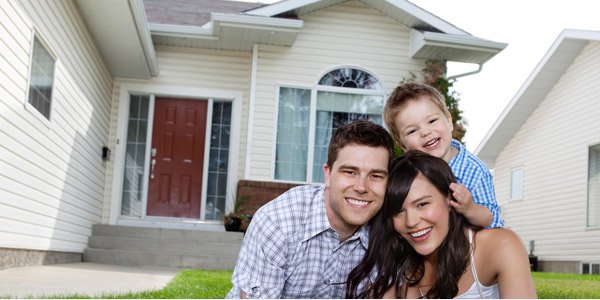
Choosing Your Dream Home: A Neighborhood Guide
Choosing Your Dream Home: A Neighborhood Guide Outline
- Introduction
- Factors to Consider When Choosing Your Dream Home 2.1. Location 2.2. Budget 2.3. Safety and Security
- Researching Neighborhoods 3.1. Local Amenities 3.2. Schools and Education 3.3. Commute and Accessibility
- Understanding the Community Vibe
- Future Growth and Development
- Real Estate Market Trends
- The Importance of a Realtor
- Visiting Potential Neighborhoods
- Making an Informed Decision
- Conclusion
- FAQs
Choosing Your Dream Home: A Neighborhood Guide
Choosing your dream home is an exciting and life-changing decision. It’s not just about finding the perfect house; it’s also about discovering the ideal neighborhood that suits your lifestyle, needs, and aspirations. Your home’s location plays a crucial role in your overall happiness and satisfaction. In this article, we will guide you through the process of selecting the perfect neighborhood for your dream home.
Factors to Consider When Choosing Your Dream Home
Location
The location of your future home is the foundation of your decision. Consider factors like proximity to work, family, and friends. Do you prefer a quiet suburb or a bustling city? Make a list of your priorities and ensure the neighborhood aligns with your preferences.
Budget
Determine your budget and explore neighborhoods that fit within it. Keep in mind that property prices can vary significantly from one area to another. Research the affordability of the neighborhoods you’re interested in.
Safety and Security
Safety is paramount. Research crime rates and check if the neighborhood has a reputation for being secure. Your peace of mind is essential.
Researching Neighborhoods
Local Amenities
Look for neighborhoods that offer the amenities you desire. Consider proximity to parks, shopping centers, restaurants, and recreational facilities. These conveniences can greatly enhance your quality of life.
Schools and Education
If you have children or plan to, research the quality of schools in the area. A strong education system can be a deciding factor in choosing a neighborhood.
Commute and Accessibility
Evaluate the ease of commuting to work or other daily destinations. Consider traffic patterns and public transportation options to ensure a convenient daily routine.
Understanding the Community Vibe
Each neighborhood has its unique character and atmosphere. Spend time in the area to get a sense of the community vibe. Do you feel comfortable and welcomed? Does the neighborhood align with your values and lifestyle?
Future Growth and Development
Research the neighborhood’s potential for future growth and development. An area with upcoming infrastructure projects and improvements can be an excellent long-term investment.
Real Estate Market Trends
Stay informed about the real estate market trends in your chosen neighborhood. Are property values appreciating? Understanding the market can help you make a wise investment.
The Importance of a Realtor
Working with a skilled real estate agent can make the process of finding the perfect neighborhood much easier. Realtors have extensive knowledge of local areas and can provide valuable insights.
Visiting Potential Neighborhoods
Before making a decision, visit the neighborhoods you’re considering. Explore during different times of the day to get a comprehensive feel for the area.
Making an Informed Decision
Consider all the information you’ve gathered about potential neighborhoods. Compare the pros and cons, and consult with your realtor. Make an informed decision that aligns with your vision of a dream home.
Conclusion
Choosing your dream home is a significant milestone, and the neighborhood you select can have a profound impact on your daily life and overall happiness. By considering factors like location, budget, safety, local amenities, and community vibe, you can make an informed decision that ensures your dream home truly fulfills your desires.
FAQs
- How do I determine my budget for a dream home?
- Your budget should consider your financial situation and the cost of homes in your desired neighborhoods. Consult with a financial advisor to assess your affordability.
- What should I prioritize when choosing a neighborhood: location or amenities?
- This depends on your personal preferences. Consider what matters most to you, whether it’s a convenient location close to work or the availability of nearby amenities.
- Is it essential to work with a real estate agent when choosing a neighborhood?
- While it’s not mandatory, a real estate agent can provide valuable insights, especially if you’re unfamiliar with the area.
- What should I look for when assessing safety in a neighborhood?
- Research crime rates, talk to local residents, and assess the general atmosphere of the area to gauge its safety.
- How can I stay updated on real estate market trends in my chosen neighborhood?
- You can stay informed by following real estate websites, consulting with local real estate professionals, and attending community meetings to discuss development plans.
